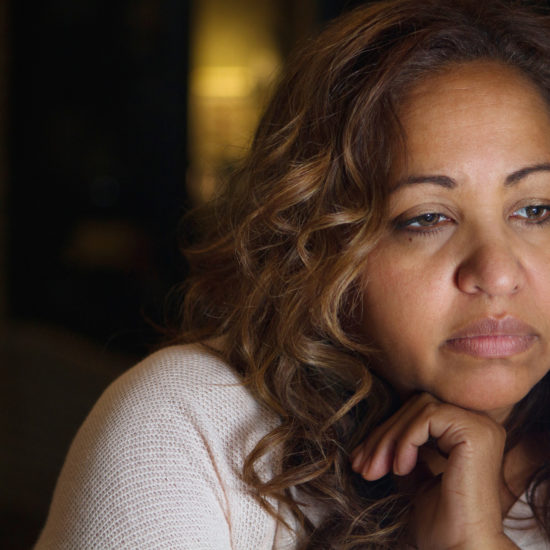How To Determine If Your Child Has Sleep Apnea
 Snoring is an annoying part of life, especially if you can hear it from the next room over with the door completely shut. Like adults, many children are apt to snore on occasion; however, if a child demonstrates consistent snoring, they may be showing symptoms of obstructive sleep apnea, a condition that is a cause for concern. However, a recent study has shown a direct link between sleep apnea and urine samples, which may help to restore some of your peace of mind.
Snoring is an annoying part of life, especially if you can hear it from the next room over with the door completely shut. Like adults, many children are apt to snore on occasion; however, if a child demonstrates consistent snoring, they may be showing symptoms of obstructive sleep apnea, a condition that is a cause for concern. However, a recent study has shown a direct link between sleep apnea and urine samples, which may help to restore some of your peace of mind.
What is Obstructive Sleep Apnea? Obstructive sleep apnea is a condition, which causes a person to repetitively stop and start breathing as their throat muscles relax to block his or her airway. This can happen multiple times during a night, all while the person is sleeping, which invokes an extreme cause for concern because if your throat muscles don’t un-relax themselves, you’ll have a lot more to worry about than whether or not you’ll have time to stop for coffee the next morning.
My Child Snores Sometimes, Does That Mean That He or She Has Obstructive Sleep Apnea? In the small percentage of children who regularly snore, it is estimated that approximately twenty-five percent suffer from obstructive sleep apnea, and although this estimate demonstrates that very few children are likely to develop obstructive sleep apnea, it never hurts to be safe.
How Can I Tell If My Child Has Obstructive Sleep Apnea? If your child snores regularly, they will likely also show signs of obstructive sleep apnea during the day and night which can help you to determine whether or not their snoring could impact their health. At night, children with obstructive sleep apnea may exhibit the following symptoms:
- Loud snoring on a regular basis
- Interruptions of breathing, including snorts, gasps, and pauses, which may awaken the child.
- Stoppages of breathing
- The appearance of restlessness while sleeping
- Odd sleeping positions
- Heavy sweating during sleep
During the day, children with obstructive sleep apnea may also display the following symptoms:
- Difficulties in waking up
- Headaches throughout the day, but especially in the morning
- Display difficult behavior, including aggressiveness, crankiness, and agitation
- Excessive sleepiness, a child may fall asleep or daydream
- Nasal speech
- Frequent breathing through the mouth
Children who are obese, have high blood pressure, or have large tonsils are additionally prone to obstructive sleep apnea. A recent study has also shown that obstructive sleep apnea can be detected through urine samples taken after a child’s sleep. Though no immediate changes are being made to the diagnosis of obstructive sleep apnea, it is possible that future tests for obstructive sleep apnea may be done in a form similar to that of a pregnancy test.
Also Read
Oversleeping: More Harmful than Helpful
Getting Your Kids Active – Lead by Example


